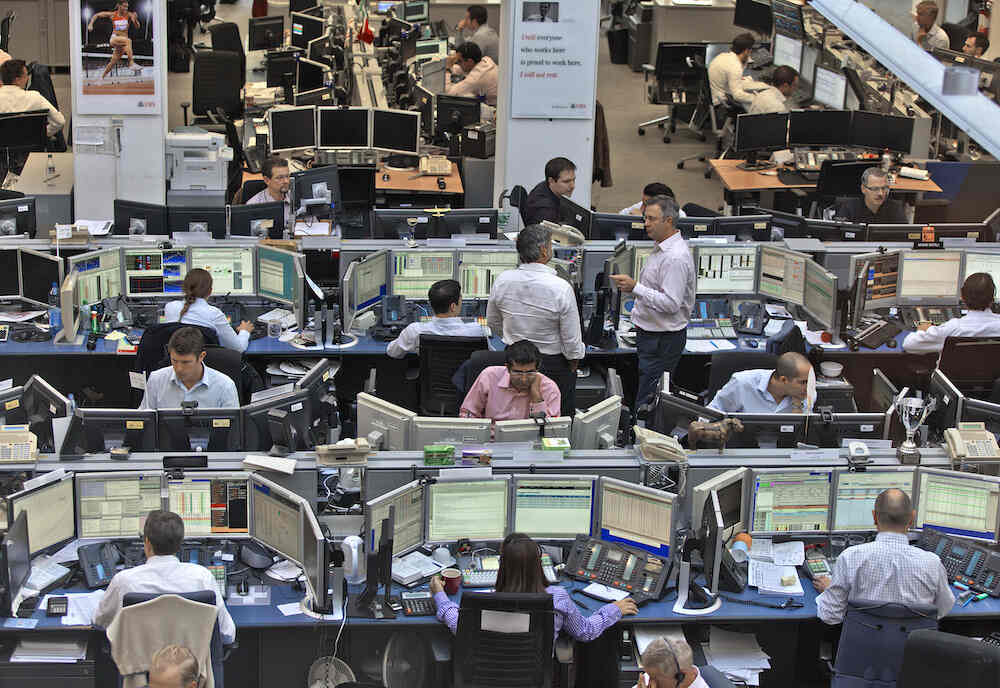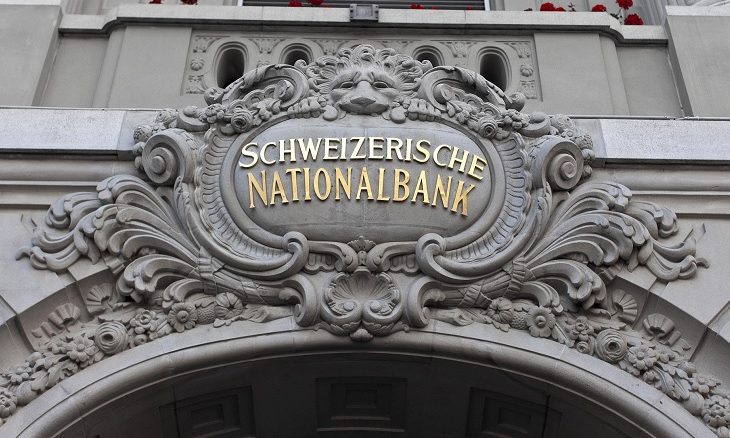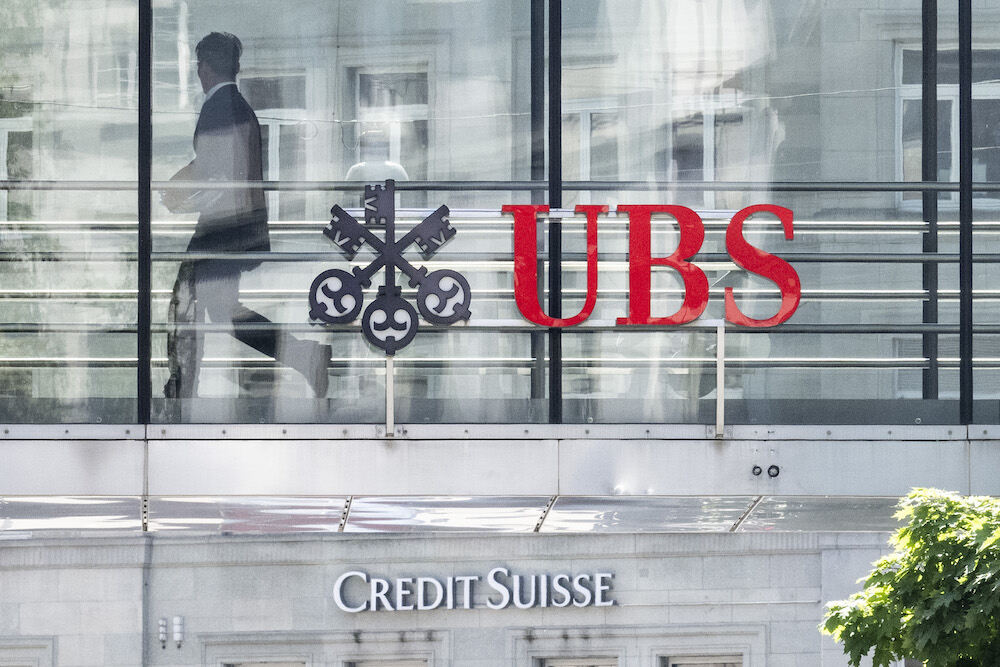jeu, Juil 13th 2023

UBS economists announced this week that they expect weak economic growth in Switzerland for the rest of 2023 and throughout 2024. They are lowering the inflation forecast for the current year slightly. However, they emphasize that the inflation risks have not yet been averted.
Specifically, UBS continues to expect below-average economic growth of 0.9% for 2023. And for 2024, they continue to expect growth of 1.3%, which is also below the long-term trend.
The economy in the euro zone is burdened by rising interest rates and high energy prices. The Swiss economy will not be able to escape this, the experts said Wednesday. Meanwhile, the biggest economic risk is a possible recession in the United States. This would cloud the Swiss growth outlook massively, they confirmed.
The inflation forecast for 2023 is slightly lower than before. It was lowered to 2.2% from 2.5%. Inflation of 1.7% is still forecast for 2024. The below-average growth would break the inflation dynamic, the experts said.
However, the risks of inflation have not yet been averted; one major reason for this is the expected rent increases for residents across Switzerland.

Apart from that, higher inflationary pressures are to be expected in the next decade. Values between 1% and 1.5% are to be expected after consumer prices have stagnated in the last decade.
The Swiss National Bank (SNB) will “continually demand” this, according to the UBS economists. They noted that the key interest rate at around 1%, which is significantly higher than in the last decade.
For the time being, however, another interest rate hike of 25 basis points to 2% is to be expected in September. According to this forecast, the monetary watchdogs will then keep the key interest rate stable, and an initial reduction is then possible in the second half of 2024.

The UBS economists describe the risk of inflation and interest rates going off the rails as “unlikely, but no longer unthinkable.” This would materialize if inflationary pressures were severe and the SNB was unable or unwilling to bring it back below the 2% mark.
The UBS experts recalled the end of the 1980s, when inflation rose to over 6%. The SNB only managed to get inflation under control again in the mid-1990s – at the price of a long recession and a real estate crisis.
Cet article a été reproduit avec l'autorisation de Keystone SDA.
